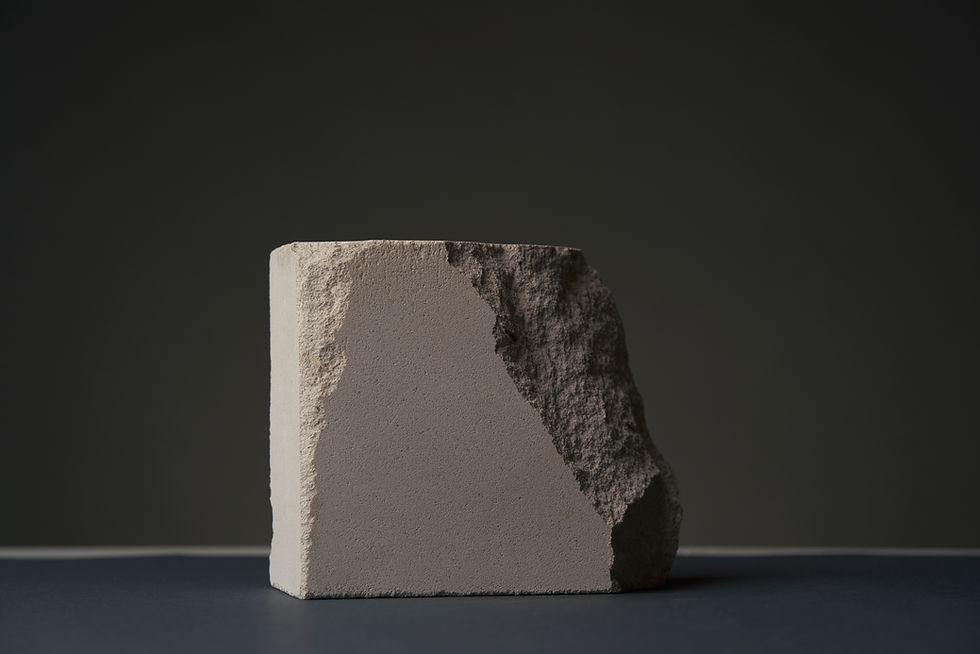Parashat Naso: Embracing Torah Through Threes – With Love, Effort, and Legacy
- Yudit Rosenbaum
- Jun 11, 2025
- 3 min read
Good morning, dear sisters.
This week we read Parashat Naso, the longest parsha in the Torah. It always follows Shavuot, the day we received the Torah, and that is not by accident. Why end a spiritual high with such a long and detailed portion?
Because when you truly love something—you want more of it. Just like a kallah (bride) yearning to know more about her chattan (groom) after the wedding, we show our love for the Torah by diving deeper, even when it feels long, detailed, and hard. We don't just receive—we carry the Torah. That’s what “Naso” means: lift up.
This week’s divrei Torah (words of Torah) is dedicated l’iluy nishmat (for the elevation of the soul of) my beloved mother, Malka bas Faiga, who lived a life of quiet strength and unwavering emunah (faith). May this learning also be a zechut (merit) for protection for our brave chayalim (soldiers), for the healing of the wounded, and for the immediate return of the hostages to their homes, safe and whole.
Lessons in Threes: Legacy Through Generations
Our Sages teach us a profound truth:
“If a child, parent, and grandparent all learn Torah, the Torah will never cease from that family.” (Kiddushin 30a)
This parsha itself is structured in powerful groups of threes, each holding deep meaning for our spiritual lives:
Three Forefathers: Avraham, Yitzchak, Yaakov—each representing a pillar of faith, strength, and compassion. Their unique attributes form the foundation of our nation.
Three Levite Families: Kehat, Gershon, Merari—each with unique, holy tasks in caring for the Mishkan (Tabernacle). Every role, no matter how seemingly small, was vital.
Three Encampments:
Machane Shechinah (the innermost—holiest camp, surrounding the Mishkan)
Machane Levi (the camp of the Levites, surrounding the Machane Shechinah)
Machane Yisrael (the camp of all other Israelites, on the outermost perimeter)
Each layer teaches us about sacred space, sacred roles, and sacred closeness to Hashem. We may stand in different circles, but every Jew is part of the greater divine order, contributing to the whole.
Purity, Sensitivity & Personal Responsibility
Parashat Naso also details how those in states of tumah (ritual impurity) must be temporarily removed from the camp. Why such a separation?
Because being in proximity to holiness requires sensitivity. The metzora (person with a skin affliction), the zav (person with a bodily discharge), and someone who became tamei met (ritually impure from a corpse) each reflect different internal or external challenges that create a barrier to holiness. The Torah reminds us:
You matter.
Your spiritual condition matters.
You’re not invisible to Hashem.
And even the person in a state of impurity is treated with dignity and purpose—they're given the time and tools to return to purity and connection.
In today’s world, we don’t have the Beit HaMikdash or the Mishkan. But we do have our homes, our hearts, and our relationships—which can be holy places if we make space for purity and presence.
Carrying the Torah: With Effort and Joy
Every day we carry Torah—whether through formal learning or by:
Being honest in business
Being kind to our children
Being silent when it’s hard to stay quiet
Carrying the Torah isn’t always glamorous. Sometimes it’s heavy. But remember: Hashem gives strength to those who carry His Torah.
Each word of chessed (kindness), each act of restraint, each tefillah (prayer) whispered with a cracked voice—becomes part of your eternal legacy.
Think of it: three generations of women who light candles, say Shema, or cry on their siddur (prayer book)… leave an eternal mark that ripples through time.
May We Merit to Carry It Forward
As we journey past Shavuot and into the long days of summer, let’s not drop the Torah. Let’s carry it higher—Naso—with strength, love, and joy.
May Hashem bless each of us with clarity, connection, and the privilege of being part of a Torah chain that will never be broken.
🌸 Takeaway for the Week:
Identify your “three” this week: three generations you connect with, three daily acts of kedushah (holiness), or three moments of Torah in your day.
Choose to carry the Torah forward. Even when it’s hard. Especially when it’s hard.




Comments